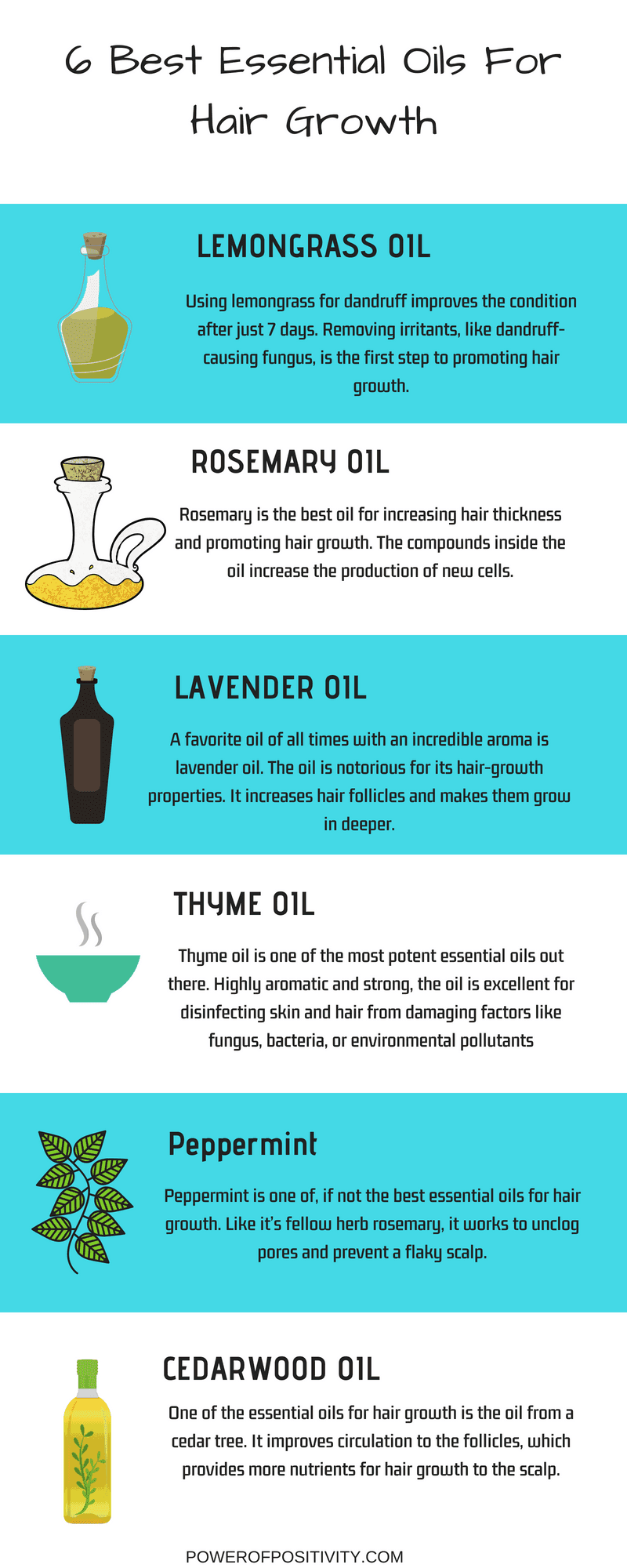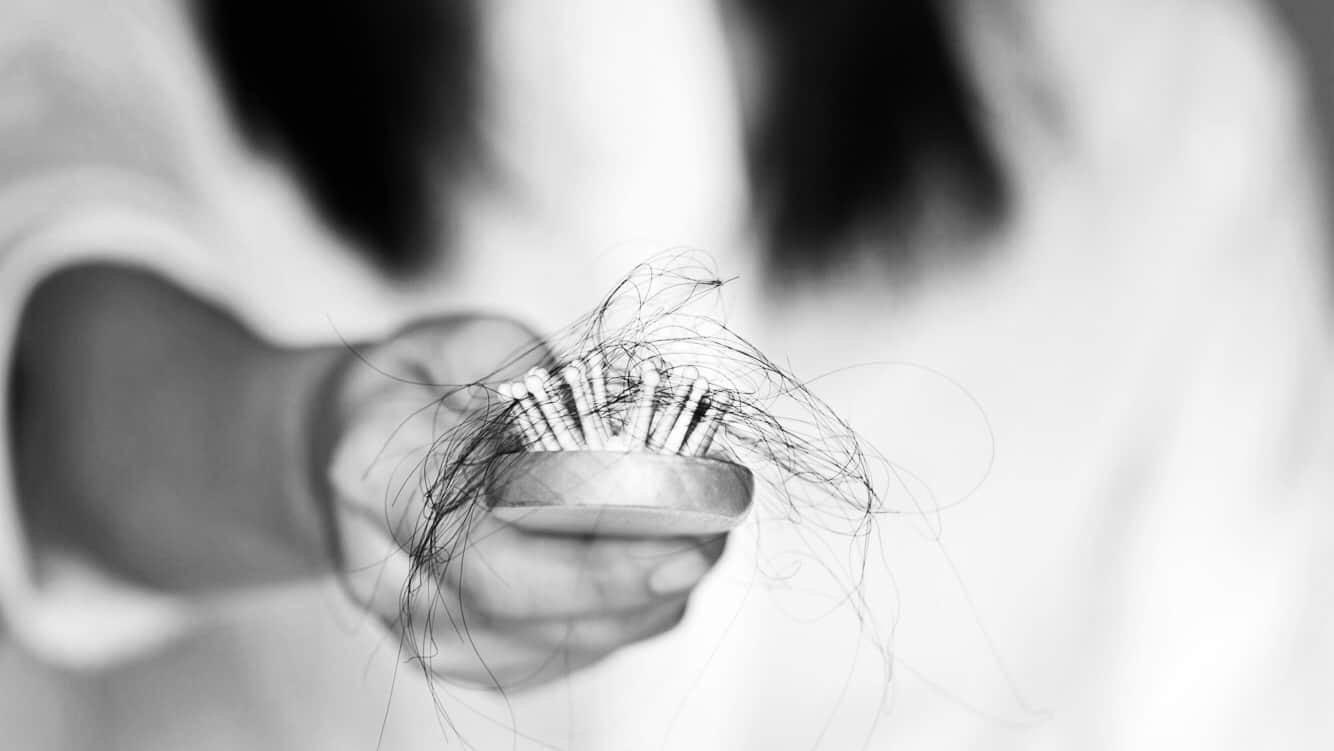“If you’re able to get to the cause of the problem, then it is likely that the hair loss you experience will reduce or even stop altogether.” – Dr. Raghu Reddy
Hair loss isn’t something that only happens to men. In fact, a lot of women suffer from a loss of hair. In society, women have more stigma connected to their hair loss, and it can be difficult to manage. Emotionally, losing your hair as a woman can be a very devastating time.
Consultant dermatologist Dr. Wong states, “Hair loss is often trivialised as ‘just hair’ or ‘cosmetic’ because it isn’t life-threatening. Yet the psychosocial effects of hair loss due to any cause can be profound and are grossly under recognised. Many patients spiral into depression, anxiety and social avoidance behaviour.”
Men have taken the look of having no hair and made it attractive, but women are still battling to make it socially acceptable to have bald heads. While there are some women who are forgoing all social norms, and rocking the bald head, it can still be a tumultuous time in a woman’s life when hair loss starts to strike. Fortunately, once we know what can cause hair loss in women, we’ll be better able to either guard against it or reverse the effects altogether.
Here Are 5 Reasons Why Women Lose Hair

1. It’s simply because of female pattern hair loss
Much like male pattern baldness, female pattern hair loss is one of the most common reasons that women may suffer from hair loss. About one-third of all women are genetically exposed to female pattern hair loss. “In fact, around 40% of women by age 50 show signs of hair loss and less than 45% of women actually reach the age of 80 with a full head of hair,” explains Dr. Leona Yip, Research Fellow, St Vincent’s Hospital.
It can strike anywhere from puberty to menopause, starting with gradually thinning a woman’s hair. It’s caused by a hormone called dihydrotestosterone, which is found in both men and women, and an excess can cause the hair follicles to shrink, which causes hair loss.
2. It’s because of an autoimmune condition called Alopecia Areata
This is an autoimmune condition, meaning the body’s immune cells are prone to attacking one another. In this case, alopecia areata causes patches of hair loss because the immune system is attacking the hair follicles. While this can lead to just patches of lost hair, it can also cause total baldness. Other symptoms also include splitting of the nails, dents or white spots.
3. Hair-fall is likely due to PCOS (Polycystic Ovary Syndrome)
Bosley mentions, “Women suffering from PCOS have increased levels of testosterone and dihydrotestosterone (DHT), the androgens responsible for hair loss in both male and female pattern baldness.”
PCOS is a condition that can cause a range of problems with a woman’s health. It’s a condition that causes an imbalance in female hormones, and the ovaries overproduce testosterone. This can cause women to grow excess body hair where it isn’t wanted, and cause a loss of hair where it is – namely, a bald patch on the top of the head. An overgrowth of leg hair, body hair and facial hair is also common with PCOS.
4. Hair fall is also attributed to medication
Antidepressants, beta-blockers, and some anti-inflammatory drugs can cause hair loss in women. Of course, this isn’t always the case, and many women who experience hair loss with the use of medication are most likely already susceptible to hair loss in the first place. Changing medication can reverse or half the hair loss entirely.
5. Hair fall is also due to pregnancy
New York city based hair-restoration surgeon, Dr. Carlos Wesley mentions, “Estrogen levels rise and are at an all-time high, and that has a positive impact on skin and hair. About nine weeks after birth, you lose 30 percent of your hair. It does come back, but it comes back thinner, finer.”
When a woman becomes pregnant, her body undergoes enormous hormone changes. Fortunately, this is more of a temporary condition rather than a long-lasting one. Women can experience hair loss during any stage of the pregnancy, but most often hair loss happens soon after the baby is born, due to another flood of hormonal changes, as Dr. Wesley mentioned above.
While hair loss can be difficult to manage and even a little embarrassing to admit to, it’s something that many women deal with and it should be nothing to be ashamed of. There are plenty of ways to help stop, reverse and prevent hair loss.
4 Ways To Prevent Hair Loss
1. Hormone replacement
This treatment is often prescribed after menopause. Women who suffer from hair loss after menopause may find that hormone replacement can help with many side effects, like hot flashes. However, it’s also good for restoring hair loss.
2. Hair transplant
This is useful for women who find their hair loss happening closer to the front of their head, but the rest of their hair remains thick and healthy. This is where hair transplant makes a good option for women dealing with hair loss. For the best results, hair transplants must be done in two or three sessions, with about six months between each session. While expensive and time-consuming, it’s a good option for women struggling with re-growing their hair.
3. Aldactone
This medication is mostly used to reduce the amount of fluid in your body without reducing your potassium levels. It’s a good alternative for other diuretics. However, this medication is often an antiandrogen, which means that the dihydrotestosterone in a woman’s body can be tamed. It can help stop this particular hormone from attacking hair follicles and killing off a woman’s healthy hair.

4. Rogaine
This treatment is most well-known for helping men with their male pattern baldness. It isn’t just for men, though! Rogaine is a topical medication that also works for women. While this treatment can take months, the results are pretty promising. Rogaine isn’t known for restoring a full head of hair in severe hair loss cases, but it can be enough to help restore thinning hair and lost patches.
Hair loss in women doesn’t have to be a hopeless cause. Just because hair loss in men and the treatments surrounding it are more well-known, doesn’t mean that there isn’t hope for women who suffer from hair loss, too. There are plenty of treatments to common causes of hair loss that can help restore both a woman’s hair and her confidence.

















